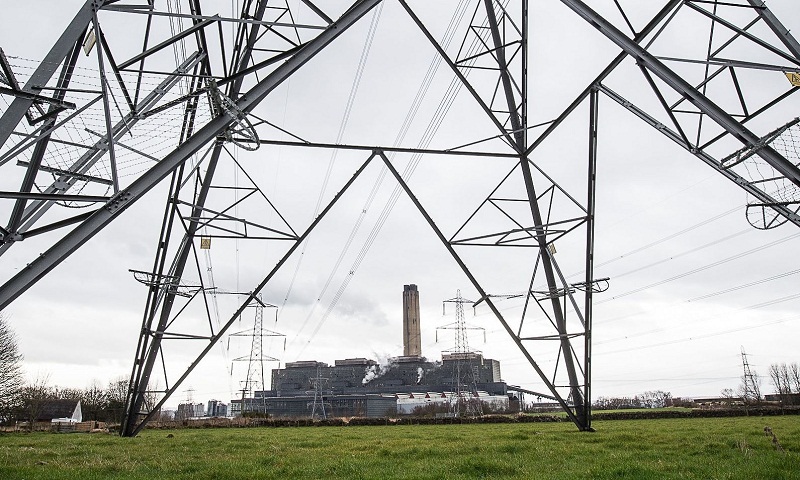Climate experts criticize Scotland’s greenhouse emissions cuts strategy

Committee on Climate Change says policies needed to reach 2050 goal of 90% reduction are too weak and ill thought out. Climate experts have warned the Scottish government its ambitious plans to cut greenhouse gas emissions lack credibility and risk stalling unless its strategies improve dramatically. The Committee on Climate Change (CCC) said the devolved government had so far led the UK in its efforts to cut emissions, reducing its actual CO2 emissions by 38% by 2015 compared with 35% at UK level. Scotland is now on the brink of meeting its 2020 target to cut emissions by 42% several years early. Nicola Sturgeon’s government is consulting on plans to set a fresh target of cutting emissions by 90% by 2050 but faces heavy criticism from anti-poverty charities and the Scottish Green party, who have urged the first minister to take faster, tougher action. The CCC, the UK’s government-funded advisory committee, said the policies needed to hit that target were too weak and ill thought out, singling out proposals in a draft plan to heavily cut emissions by sharply increasing low carbon home heating to 80% by 2032. Those were “very unlikely to be feasible”, it warned. The committee said ministers needed instead to put far greater emphasis on cutting the country’s rising transport emissions – an area largely neglected by the Scottish government until now. So Sturgeon’s proposals to dramatically increase the use of electric and ultra low emission vehicles by helping phase out sales of new petrol and diesel-powers vans and cars by 2032, outlined in her new programme for government earlier this month, were a significant step forward, it added. In an unusually critical progress report for the Scottish parliament, the CCC said: “Without firm new policies, reductions in Scottish emissions are unlikely to continue in the 2020s. The final version of Scotland’s plan should also build as fully as possible on the UK government’s clean growth plan, which will set out how UK emissions targets to 2032 will be met.

